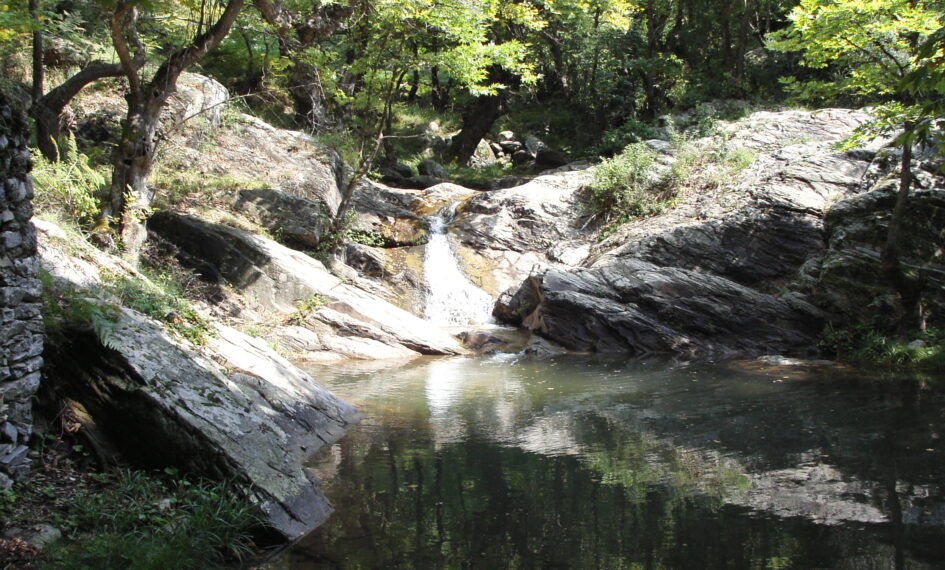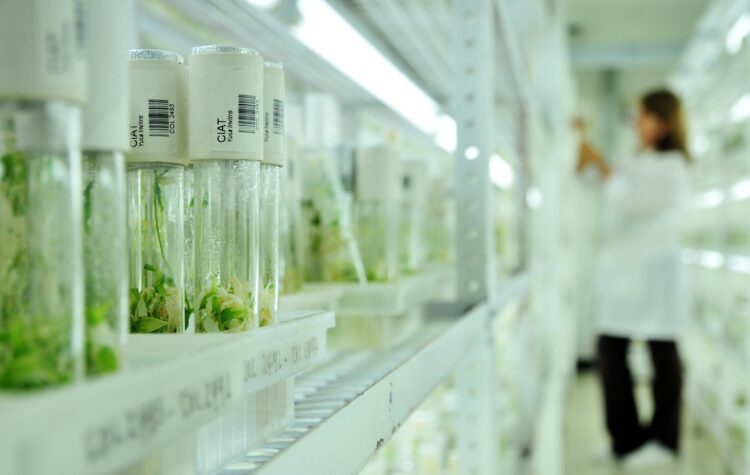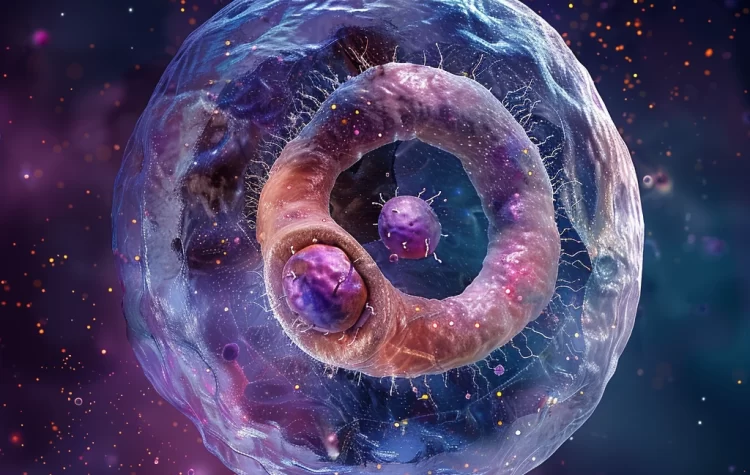Definition of Ecosystem: An ecosystem refers to a biological community of interacting organisms and their physical environment. In an ecosystem, living organisms (plants, animals, and microbes) interact with each other and also with their non-living environment (like climate, earth, sun, soil, atmosphere, and natural cycles). Ecosystems can vary in size — they can be as large as a desert or as small as a tree. The concept is central in ecological studies, emphasizing the interconnectedness and interdependence of living and non-living components of the environment.
Etymology and Origin: The word “ecosystem” is derived from the Greek word “oikos,” meaning “house” or “dwelling,” and the suffix “-system,” which is used in scientific language to denote a complex, interacting network.
- Greek Roots: The term “oikos” is a fundamental concept in ecology, representing the idea of a place where living organisms interact with each other and their environment.
- Formulation of the Term: The term “ecosystem” was coined in 1935 by the British ecologist Sir Arthur Tansley. He developed the concept to draw attention to the importance of transfers of materials between organisms and their environment.
Thus, “ecosystem” combines Greek-derived concepts with modern ecological understanding, encapsulating the idea of a complex, interactive living system.



